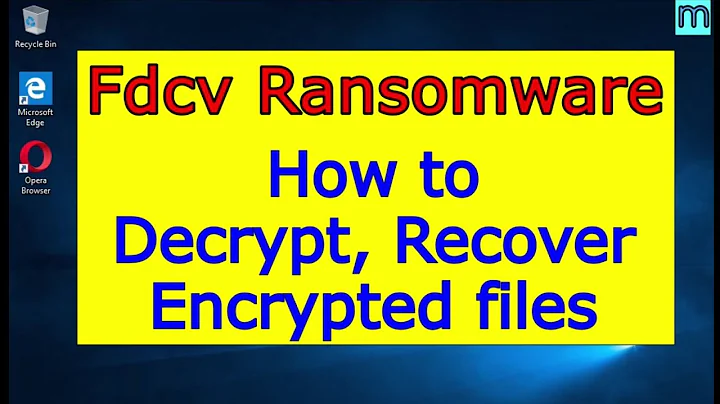How decrypt a file that encypted in other windows xp os
See the Microsoft support article on decryption
Unless you saved the owner's public or private keys, it is possible that you will be unable to decrypt the files.
By far, the most frequent problem with EFS occurs when EFS encryption keys and/or recovery keys aren't archived. If keys aren't backed up, they cannot be replaced when lost. If keys cannot be used or replaced, data can be lost. If Windows is reinstalled (perhaps as the result of a disk crash) the keys are destroyed. If a user's profile is damaged, then keys are destroyed. In these, or in any other cases in which keys are damaged or lost and backup keys are unavailable, then encrypted files cannot be decrypted. The encryption keys are bound to the user account, and a new iteration of the operating system means new user accounts. A new user profile means new user keys. If keys are archived, or exported, they can be imported to a new account. If a revocation agent for the files exists, then that account can be used to recover the files. However, in many cases in which keys are destroyed, both user and revocation keys are absent and there is no backup, resulting in lost data.
Related videos on Youtube
Adam
Updated on September 17, 2022Comments
-
Adam over 1 year
I am trying to find the indefinite integral of a polynomial, however neither my maths nor my coding is great. My code compiles but I believe I have the wrong formula:
Polynomial Polynomial :: indefiniteIntegral() const { Polynomial Result; Result.fDegree = fDegree + 1; for ( int i = fDegree; i > 0 ; i--){ Result.fCoeffs[i] = pow(fCoeffs[i], (Result.fDegree)) / (Result.fDegree); } return Result; }-
 TypeIA about 10 yearsIs
TypeIA about 10 yearsIsfCoeffsa normal array (in which case it should be zero-indexed, while you appear to be 1-indexing it)? -
 mvw about 10 years\int a x^n dx = a/(n+1) x^{n+1} + C
mvw about 10 years\int a x^n dx = a/(n+1) x^{n+1} + C -
 TypeIA about 10 yearsAlso you probably want to set
TypeIA about 10 yearsAlso you probably want to setResult.fCoeffs[i]based onthis->fCoeffs[i - 1](assuming lower array indices are lower-order coefficients). Conceptually the coefficients are shifting over. And I don't think you wantpow()do you? Each coefficient of the integral is simply the original coefficient of the lower-order term divided by the order of the coefficient, right?
-
-
Fred Larson about 10 yearsI don't think the explicit cast is necessary, since
iwill be automatically promoted assumingfCoeffsis a container/array offloat. -
 celtschk about 10 yearsActually, it should be:
celtschk about 10 yearsActually, it should be:Result.rCoeffs[0] = Cbecause this is an indefinite integral. TheCcould be given as argument toindefiniteIntegral, unlessfCoeffsis of a type that knows about the concept unspecified constant. -
duffymo about 10 yearsThis will be wildly inefficient for cases like p(x) = 1 + x^1000. Better to have a Monomial class and give Polynomial a collection of Monomials.
-
 mvw about 10 yearsIt depends on how the result is interpreted. I just guessed he keeps the arbitrary constant in mind.
mvw about 10 yearsIt depends on how the result is interpreted. I just guessed he keeps the arbitrary constant in mind. -
 mvw about 10 yearsHey we have no clue if that is just homework or the seed of a computer algebra system. :-)
mvw about 10 yearsHey we have no clue if that is just homework or the seed of a computer algebra system. :-)




